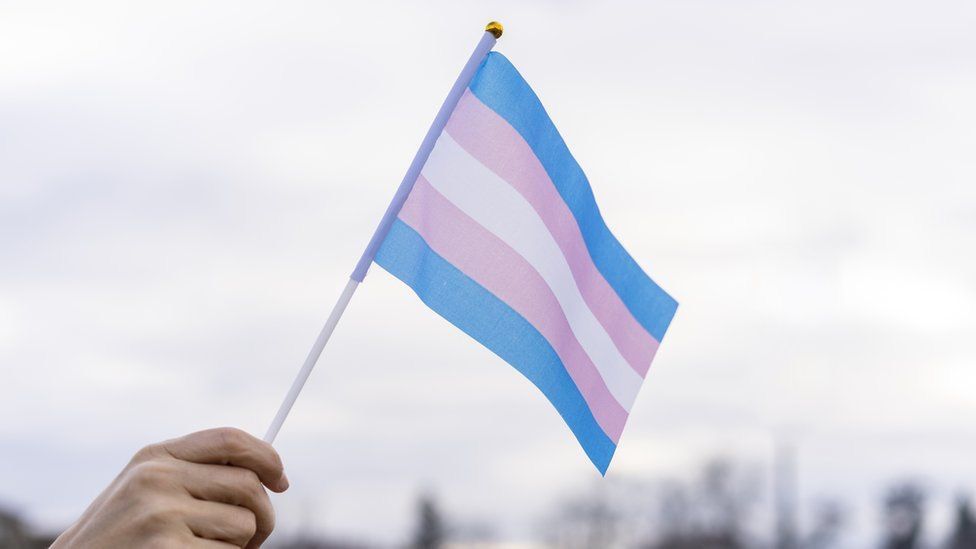HONOLULU — A new bill moving through the state Senate would prohibit insurance companies from categorically excluding so-called gender-affirming care if it is deemed medically necessary.
House Bill 2405 (House Draft 2) unanimously passed the Senate Committee on Commerce and Consumer Protection on Wednesday and now moves on to the judiciary and ways and means committees.
Gender-affirming care refers to a range of medical and psychosocial treatments that support a transgender, non-binary or gender-diverse person undergoing gender transition or experiencing gender dysphoria (impairment caused by the discrepancy between the person’s sex assigned at birth and gender identity).
Among the many treatments included under gender-affirming care are gender affirmation surgery, facial reconstruction, chest/breast surgery, hormone-replacement therapy, laser hair removal, voice therapy and mental health care.
The bill specifically prevents insurers from applying categorical cosmetic or blanket exclusions to gender-affirming treatments or excluding gender-affirming treatments as cosmetic services when prescribed as medically necessary. It also requires insurers to provide applicants and customers with clear information about coverage of gender transition services, including the process for appealing a claim denied on the basis of medical necessity.
Act 135, passed in 2016, already prohibits denial, exclusion, or limitation of health care services or treatment to a person on the basis of the person’s actual or perceived gender identity.
However, the House Committee on Consumer Protection and Commerce stated in its report on the bill, “transgender community members continue to be denied medically necessary and life-saving procedures. This denial is levied even as there is an overwhelming and growing consensus among major medical organizations that transition-related health care services to alleviate gender dysphoria are medically necessary and should be fully covered by patients' insurance.”
In testimony in support of the bill, the state Department of Health stated, “access to gender-affirming treatments is absolutely a medical necessity and often a matter of life and death for transgender community members.”
DOH noted that transgender youth have higher rates of depression, suicidality and self-harm than cisgender youth and that there are established links between appropriate gender-affirming care and improved psychological function.
“From a financial standpoint, increasing access to these medically necessary treatments will not only save lives, but provide cost-savings in mental health care and adjacent fields,” DOH testified.
Amanda Fernandes, policy and advocacy director for the Hawaii Public Health Institute, testified that denying access to health care services and treatments on the basis of gender identify “runs contrary to public health by perpetuating stigma and exacerbating existing health disparities.”
“Health insurance denials constitute one of the most oft-cited discriminatory barriers for transgender communities, with one quarter of people identifying as transgender reporting having been denied insurance coverage on the basis of their gender identity,” Fernandes said. “Although the nondiscrimination provision of the federal Affordable Care Act and Hawaii law prohibit such denials, local patients report continued denials of insurance coverage for services that otherwise meet the standard of medically necessary care.”
The state's two major health insurers, HMSA and Kaiser, submitted comments supporting the intent of the legislation and asking for technical edits and amendments.
The proposed legislation stands in stark contrast to a rising tide of legislative efforts in other parts of the country that seek to prohibit gender-affirming care. Arkansas last year passed a law criminalizing gender-affirming care for transgender children; Tennessee passed a similar law specific to prepubescent transgender children. Alabama legislators are pursuing a similar measure this session that would impose criminal penalties of up to 10 years in prison for doctors who provide gender-affirming treatment to minors.
According to the Human Rights Campaign, 38 bills targeting gender-affirming care have been introduced in state legislatures this year.









